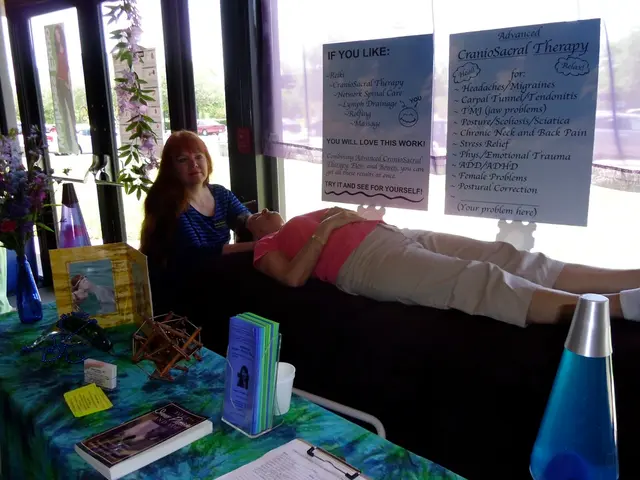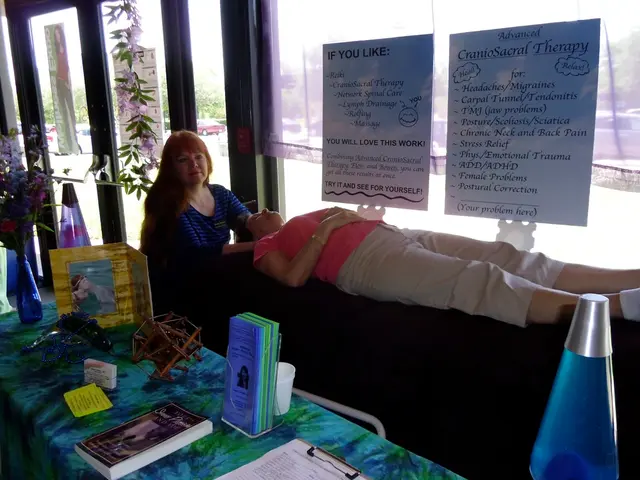Navigating Legal Matters in Elder Care: Pivotal Factors and Crucial Learnings
=====================================================================================
In the realm of legal disputes, elder care litigation stands as a crucial branch addressing concerns related to the care and treatment of elderly individuals. This type of litigation is essential in addressing issues such as neglect, abuse, and financial exploitation, ensuring the well-being and rights of our seniors are upheld.
Elder law attorneys play a pivotal role in elder care litigation, specializing in legal issues affecting older adults. They assist clients in gathering necessary documentation and evidence, identifying claims, and gathering testimonies. The process may proceed to mediation or trial, where evidence is presented before a judge or jury, who will then render a decision based on the merits of the case.
Evidence is paramount in elder care litigation. Medical records, incident reports, financial statements, emails or correspondence with care providers, witness statements, and photographic or video evidence can all serve as powerful tools in illustrating instances of neglect or abuse. In cases of financial exploitation, financial records such as bank statements, transaction receipts, and power of attorney forms become crucial.
Preventative measures are key in protecting vulnerable seniors from neglect, abuse, and financial exploitation. Establishing comprehensive legal planning tools such as powers of attorney, trusts, guardianships, and detailed estate plans can significantly reduce the risk of abuse and exploitation.
Seniors can appoint trusted persons through durable powers of attorney (for finances and healthcare) or legal guardianships to ensure their interests are actively managed and protected as their capacity declines. The creation of wills, trusts (including special needs trusts), and life care plans helps safeguard assets and clearly articulate care preferences, limiting opportunities for exploitation or neglect.
In cases where abuse or exploitation is suspected or identified, swift legal action is employed. Probate courts and elder law attorneys often play a key role in these interventions, removing offending parties from financial control, recovering stolen assets, and seeking criminal remedies.
Regular legal reviews ensure that elder care plans remain compliant with current laws and adequately protect against evolving risks. Engaging experienced elder law attorneys and advocates is crucial both for crafting preventative strategies and for advocacy when abuse occurs.
Common law principles, such as tort law, guide courts in evaluating the responsibilities of caregivers and facilities in elder care litigation cases. The legal framework surrounding elder care litigation includes federal and state laws, as well as regulations specific to health care and residential facilities. Key statutes include the Older Americans Act and state-specific laws addressing elder abuse and neglect.
Witness statements from family members, caregivers, or other residents can serve as critical evidence in elder care litigation cases. Gathering a well-organized collection of relevant documents can significantly enhance the prospects of a successful elder care litigation case.
In summary, the primary preventative framework in elder care litigation revolves around proactive legal planning combined with vigilant oversight and enforcement mechanisms to protect seniors’ financial and personal well-being. By taking preventative measures and seeking legal recourse when necessary, we can ensure our elderly population is safeguarded from harm and exploitation.
In the context of health-and-wellness, understanding medical-conditions and science is crucial for elder care litigation attorneys as they navigate cases involving elder abuse, neglect, or financial exploitation. This knowledge enables them to effectively interpret medical records and other relevant evidence, strengthening their clients' claims and ensuring a just resolution.
In the realm of preventative measures, science and medical understanding can guide the creation of comprehensive legal planning tools like trusts and powers of attorney, which offer effective safeguards against financial exploitation and neglect for seniors, particularly those with complex health conditions.




